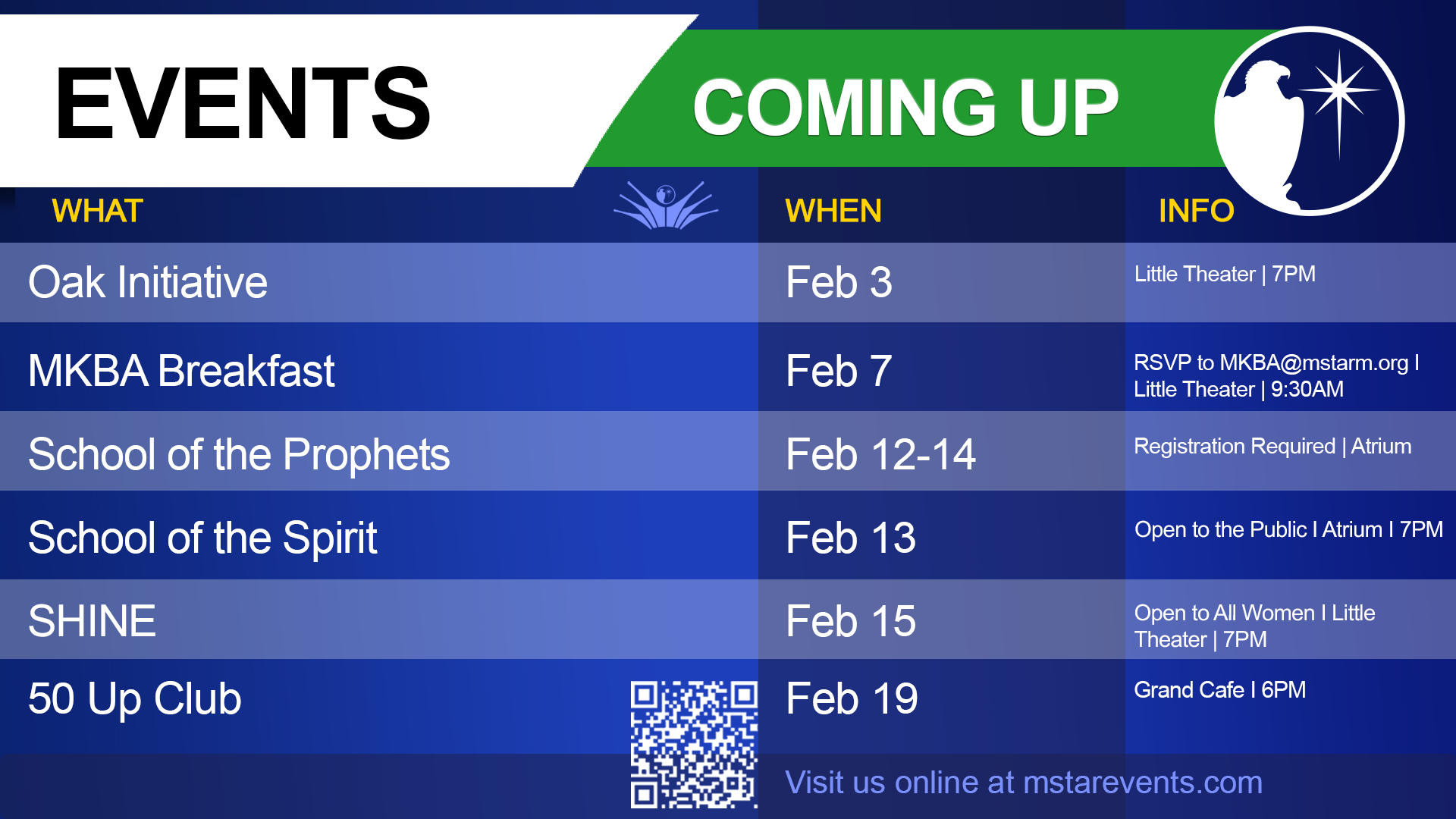In pursuit of koinonia, we will need to extend grace and mercy to one another. Just as we must extend grace in coming into fellowship with those who we do not agree with in certain doctrines or methods, we must keep in mind that they are doing the same with us. After we have built some trust, we may start discussing issues we disagree on. The stronger the bridge of trust is, the greater the weight that can be carried by it and the deeper we may go with these issues. We have sound biblical wisdom for how we do this in Ephesians 4:1-3:
Therefore I, the prisoner of the Lord, implore you to walk in a manner worthy of the calling with which you have been called,
with all humility and gentleness, with patience, showing tolerance for one another in love,
being diligent to preserve the unity of the Spirit in the bond of peace.
True unity never requires that we compromise our convictions. Neither should we require others to compromise their convictions in order to have unity with us. The Spirit may compel us to keep silent about certain convictions until the proper time, but that does not mean that we are compromising them. Preserving the “unity of the Spirit in the bond of peace” takes diligence. That diligence requires “all humility and gentleness, with patience showing tolerance for one another in love.”
Of course, this is also a great opportunity for us to grow in these Christian virtues. One thing we could do that might help us the most in cultivating these virtues is to seek to develop relationships with those in other denominations and movements, especially ones with which we most disagree. We should have a vision for building a bridge with them, one strong enough to carry a lot of weight. You will be amazed at how much you can grow by this and how much you end up appreciating and actually loving those with whom you have had disagreements. Sometimes you will even learn that they were right, and you were wrong in a matter.
As this relationship continues, you will likely find that some of your understanding about what this other group believed or practiced was not accurate. You might even find out that it is worse than you thought, but that does not matter. If they are Christians, then we must preserve the unity of the Spirit in the bond of peace. Don’t let anything steal the peace that you have with one another in the Spirit.
There was once a movement called “The Worldwide Church of God” that was believed by much of the rest of the church to be a cult, or at least a sect. When their founder, Herbert W. Armstrong died, there were Christians who befriended some of the leaders of this group and built relationships with them. They built bridges of trust. This led the leaders of the WWCG to start examining their beliefs which caused so much of the rest of the church to consider the WWCG wayward. As they examined their doctrines, they saw many that were in conflict with Scripture. They repented publicly, and the entire movement was embraced and honored by much of the body of Christ for this remarkable act on their part.
In 1987 I was given an extensive vision of the coming harvest. One of the events I saw happening was that the Jehovah’s Witnesses, Mormons, and other such groups would be the first part of the harvest. Then they were going to be used mightily in it, becoming some of the greatest of the laborers. I also saw some of the greatest apostles and prophets in the last days coming out of Islam.
As stated before, one of the greatest needs we have at this time is the vision that Ezekiel had recorded in Chapter 37 of his prophecy—the ability to see in the driest bones an exceedingly great army and to have words of life for them that will cause them to become what they are called to be. Can we see beyond what people are in order to see what they are called to? Can we be vessels of words of life that will help them along their way?



